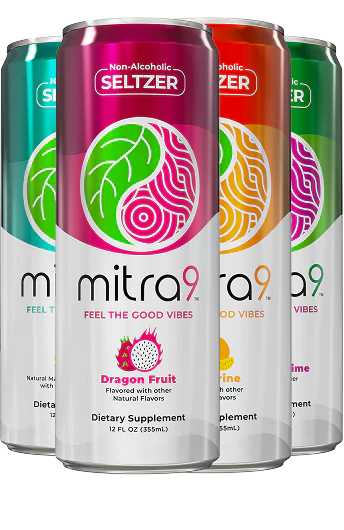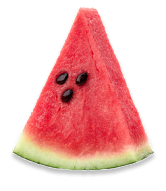In the bustling cities and towns across the globe, the nightlife has always been an integral part of our social fabric. For decades, traditional bars have dominated the scene, offering patrons alcoholic beverages, music, and a social environment. However, a fresh wave of socializing is gaining momentum with the rise of kava bars. These establishments have presented a holistic alternative to the traditional drinking culture. Let's delve into why people are increasingly drawn to kava bars compared to their traditional counterparts.
1. A Natural, Relaxing Beverage
Kava is a drink made from the ground roots of the kava plant, a crop native to the Pacific Islands. Revered for its calming effects, it provides a sense of relaxation without the impairments of alcohol. Many patrons find it refreshing to enjoy a drink that can ease anxiety and stress without the usual repercussions of alcohol like hangovers or potential for addiction.
2. A Unique Social Experience
Kava bars offer a distinct ambiance. Whereas traditional bars often prioritize loud music and vibrant lights, kava bars lean into a more relaxed and communal setting. The experience is built around conversation, camaraderie, and community. The slower pace of life inside a kava bar allows for deeper connections, making it a go-to spot for many looking for genuine conversations and interactions.
3. Health and Wellness Centric
In the age of mindfulness and well-being, people are constantly searching for healthier alternatives in every aspect of their lives. Kava bars align with this ethos. Not only is kava seen as a natural remedy for anxiety and stress, but many kava bars also prioritize organic, health-conscious menu options. From herbal teas to nutritious snacks, these establishments cater to a crowd that values wellness.
4. Cultural Exploration
Kava bars introduce patrons to Pacific Islander culture. For those who haven't had the chance to visit places like Fiji or Vanuatu, these bars provide a small, authentic taste of their traditions and customs. The rituals of preparing and serving kava, the decor, and often the music are all nods to the rich heritage of the Pacific Islands.
5. Reduced Risk of Overindulgence
While one can certainly consume too much kava, the risk of severe overindulgence is notably lower compared to alcohol. Without the high alcohol content found in many drinks at traditional bars, patrons can enjoy themselves without the fear of severe intoxication, impaired driving, or regrettable decisions.
6. Inclusivity for Non-Drinkers
Kava bars present a welcoming environment for those who choose not to consume alcohol, whether for personal, health, or religious reasons. Such individuals often feel out of place or pressured in traditional bars. Kava bars offer a middle ground – a social environment without the centrality of alcohol.
7. A Novelty Factor
With the global village getting smaller by the day, people are on a constant lookout for new experiences. Kava bars, for many, offer something novel and intriguing. The ritual of kava preparation, the unique taste, and the distinct effects are all new experiences for many patrons.
Conclusion
While traditional bars will always have their charm and place in our society, kava bars are carving out a niche of their own. They are more than just a trend; they represent a shift in social culture. As people continue to prioritize health, well-being, and authentic experiences, it's easy to see why kava bars are becoming the choice for many looking for a night out with friends. Whether you're searching for relaxation, cultural exploration, or meaningful conversations, kava bars are offering a unique blend of all these elements.


























































